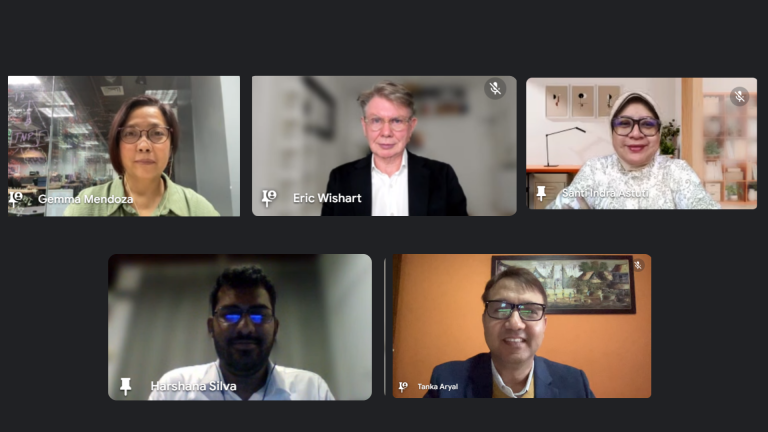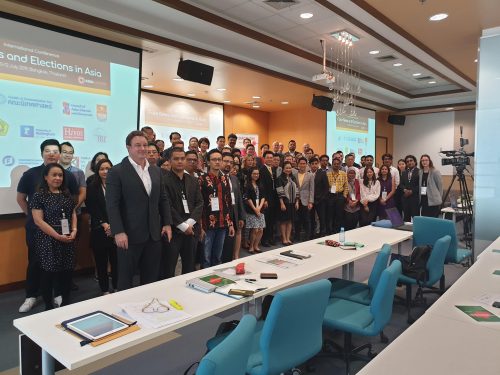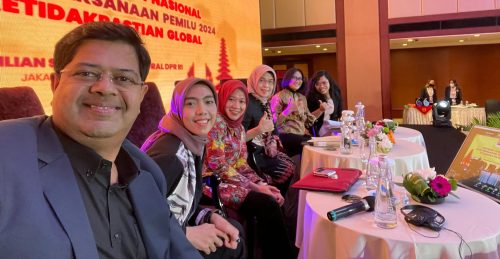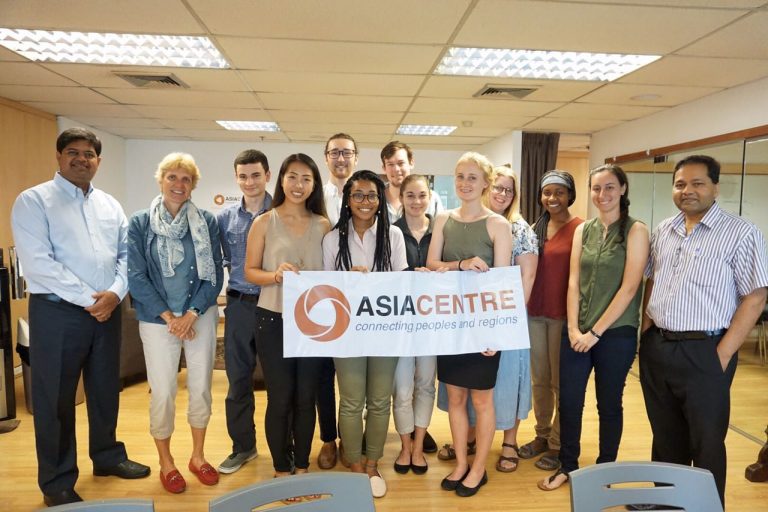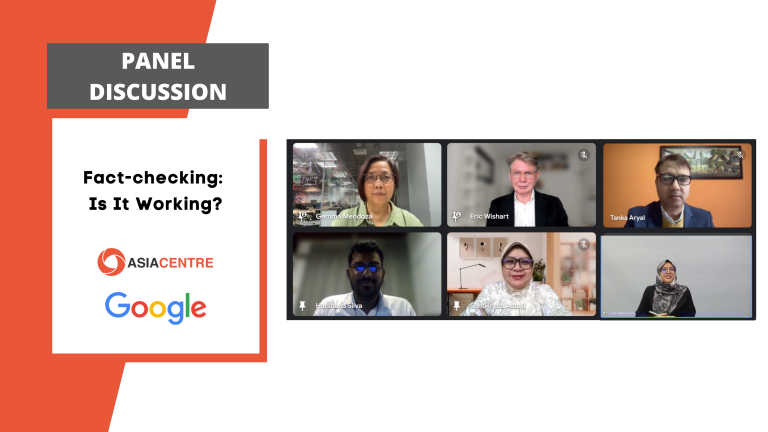
On 21 March 2024, Asia Centre hosted a virtual panel discussion titled “Fact-Checking: Is it Working?” as part of the Digital Rights Programme for Civil Society Organisations, jointly organised by Asia Centre and Google Asia Pacific. The event attracted over 40 participants, including members of academic institutions, representatives from civil society, lawyers, and independent journalists.

Dr James Gomez, the Regional Director of Asia Centre, opened the discussion with insights gained from his recent participation in the 3rd Global Democracy Summit 2024 in Seoul, South Korea. He noted that during the Summit the key concept was “information integrity” and that CSOs were shifting to “information” issues rather than news or media. He also highlighted the discussions at Summit did not consider fact-checking as it was seen as increasingly untenable in the face of overwhelming disinformation everywhere. Dr. Gomez said the seminar was timely as the question of whether fact-checking was working can get us thinking about how better to deal with disinformation.
The panel discussion featured speakers such as Gemma Bagayaua Mendoza from Rappler, Harshana Silva from Hashtag Generation, Santi Indra Astuti from MAFINDO, Tanka Aryal from Digital Rights Nepal, and Eric Wishart from AFP. The session was moderated by Lina Sakin Salim from Asia Centre.
Gemma Bagayaua Mendoza shared the challenges posed by rapid technological advancements, leading to the creation of realistic fake videos and voices. She highlighted instances where Philippine women journalists were manipulated using voice changeovers, presenting manipulated content as authentic evidence. Gemma acknowledged that fact-checking is important but can be limited and stressed the importance of involving everyone within society to combat disinformation, from family and schools to legal authorities and governments.
Harshana Silva addressed the diverse landscapes of disinformation problems in Sri Lanka, particularly during elections, and the repercussions faced by citizens due to misinformation. While acknowledging the efficacy of fact-checking, Harshana highlighted the need for more resources and time to reach a wider audience effectively, as fact-checkers are racing against time to combat the rapidly produced disinformation online.
Santi Indra Astuti shared insights and statistics from the past 6 years into Indonesia’s experience with misinformation, especially during the COVID-19 pandemic. While fact-checking is widely used in Indonesia, she emphasised the need for holistic approaches beyond fact-checking, focusing on societal engagement and awareness to correct social behaviour towards disinformation. Despite extensive training and awareness efforts, challenges such as attacks on fact-checkers persist. Examples of the challenges that face-checkers face in-country in awareness-raising efforts are connecting with the right audiences and understanding their behaviour.
Tanka Aryal discussed the limited scope of fact-checking in Nepal, attributing it to minimal organisational initiatives and low public awareness. He observed that citizens are not aware of fake checking and disinformation because they are unable to filter the information. Tanka noted the public’s preference for sensational misinformation shared in fact pace over genuine information, underscoring the need for education and awareness campaigns.
Eric Wishart highlighted AFP’s fact-checking initiatives and their impact through media interactions and standardised protocols. He stressed the importance of transparency among fact-checkers and provided a deeper understanding of fact-checking processes. For him, fact-checking remains a relevant tool for the masses to do digital verification of fake news online.
Towards the end of the discussion, all five speakers arrived at the conclusion that fact-checking, while still useful, should not be the primary tool to combat disinformation. They opined that debunking through fact-checking is still reliable and serves as a foundation for preempting similar disinformation. However, they also acknowledged that given the mass proliferation of online disinformation—including resource-intensive personnel requirements, delayed debunking, and inapplicability to digital illiterates—render fact-checking less effective. Hence, other approaches, such as societal engagement, media’s proactive reporting and media literacy training, should be prioritised as primary tools, with fact-checking serving as a supplementary tool.
The event concluded with a timely invitation to participants for the next online meeting under the Digital Rights Programme for Civil Society Organisations, titled “Media Information Literacy: CSOs as Changemakers for Digital Empowerment,” scheduled for 16 May 2024. Registration for the session is available here.
Apart from Media Information Literacy, other upcoming online sessions of the Digital Rights Programme for CSOs will include Surveillance & Privacy, Foreign-Interference, and Artificial-Intelligence.
Asia Centre is a civil society research institute in Special Consultative Status with the United Nations Economic and Social Council. It serves as a knowledge partner and undertakes evidence-based research as well as provides capacity-building training for end beneficiaries. If you would like to collaborate with the Centre, please send an expression of interest to contact@asiacentre.org.
Follow Asia Centre’s social media channels for more information.


